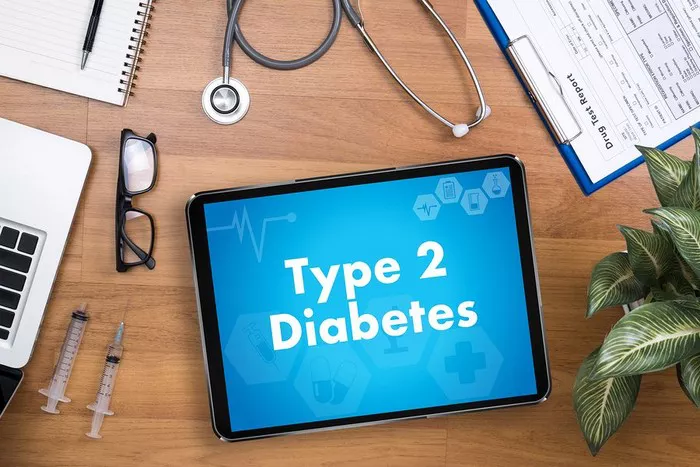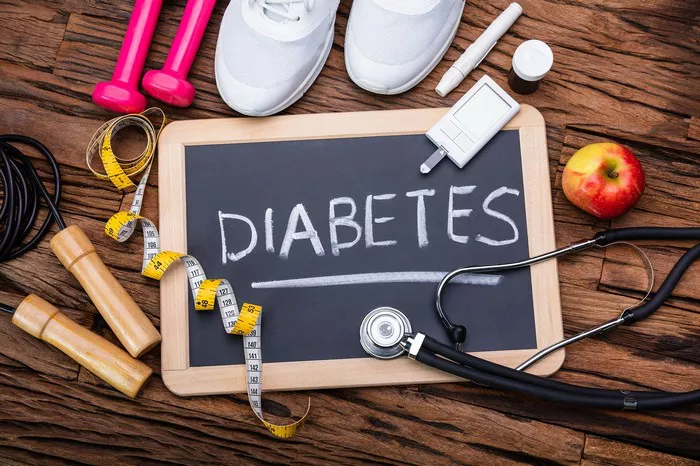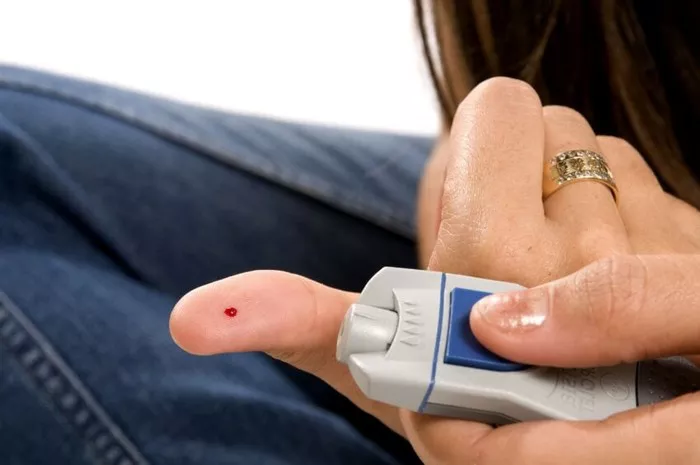Type 2 diabetes mellitus is a chronic metabolic disorder characterized by insulin resistance and relative insulin deficiency. It affects millions worldwide and presents significant challenges in management due to its progressive nature and associated complications. Fortunately, the armamentarium of medications for type 2 diabetes has expanded considerably over the years, offering various options tailored to individual needs. In this comprehensive guide, we delve into the diverse classes of medications available, their mechanisms of action, efficacy, safety profiles, and factors influencing the selection of the best treatment for type 2 diabetes.
Metformin: First-Line Therapy
Metformin, a biguanide, has long been regarded as the cornerstone of type 2 diabetes management. It improves insulin sensitivity in peripheral tissues, reduces hepatic glucose production, and modestly decreases intestinal glucose absorption. Its efficacy in lowering blood glucose levels, coupled with its favorable safety profile and cardiovascular benefits, makes it the preferred initial pharmacological agent for most patients with type 2 diabetes.
Sulfonylureas: A Time-Tested Approach
Sulfonylureas stimulate insulin secretion from pancreatic beta cells by binding to ATP-sensitive potassium channels. While effective in reducing hyperglycemia, their association with hypoglycemia and weight gain warrants caution, especially in elderly patients or those with renal impairment. Glyburide, glipizide, and glimepiride are commonly prescribed sulfonylureas, each with unique pharmacokinetic properties influencing dosing frequency and risk of hypoglycemia.
Thiazolidinediones: Targeting Insulin Sensitivity
Thiazolidinediones (TZDs) act as agonists of peroxisome proliferator-activated receptor gamma (PPAR-γ), improving insulin sensitivity in adipose tissue, liver, and skeletal muscle. Despite their efficacy in lowering HbA1c and potential benefits on lipid profiles, concerns regarding fluid retention, weight gain, and increased risk of heart failure limit their use, particularly in patients with cardiovascular comorbidities.
Dipeptidyl Peptidase-4 (DPP-4) Inhibitors: Enhancing Incretin Pathway
DPP-4 inhibitors prolong the action of incretin hormones (GLP-1 and GIP) by inhibiting their degradation, thereby increasing insulin secretion and suppressing glucagon release in a glucose-dependent manner. Sitagliptin, saxagliptin, linagliptin, and alogliptin are well-tolerated oral agents with modest efficacy in reducing HbA1c levels, typically prescribed as monotherapy or in combination with other antidiabetic agents.
SGLT2 Inhibitors: Expelling Glucose Through the Kidneys
Sodium-glucose cotransporter 2 (SGLT2) inhibitors block renal glucose reabsorption, leading to increased urinary glucose excretion and subsequent reductions in plasma glucose levels and body weight. Empagliflozin, dapagliflozin, and canagliflozin have demonstrated cardiovascular and renal benefits beyond glycemic control, making them attractive options for patients with established cardiovascular disease or chronic kidney disease.
GLP-1 Receptor Agonists: Harnessing Incretin Effects
GLP-1 receptor agonists mimic the action of endogenous GLP-1, stimulating insulin secretion, inhibiting glucagon release, slowing gastric emptying, and promoting satiety. These injectable agents, available in short-acting and long-acting formulations, offer robust reductions in HbA1c levels, weight loss, and cardiovascular risk mitigation, albeit at a higher cost and potential for gastrointestinal adverse effects.
Insulin Therapy: Tailored Approaches
Insulin remains a cornerstone in the management of type 2 diabetes, particularly in advanced disease stages or during acute illness. Basal insulin analogs (e.g., insulin glargine, insulin detemir) provide steady glycemic control with minimal risk of hypoglycemia, while prandial insulin analogs (e.g., insulin lispro, insulin aspart) offer flexibility in mealtime dosing. Premixed insulin formulations combine basal and prandial components to simplify regimens and improve adherence.
Combination Therapies: Maximizing Benefits
Combining agents with complementary mechanisms of action can enhance glycemic control while minimizing side effects and promoting weight loss. Fixed-dose combinations such as metformin with sulfonylureas, DPP-4 inhibitors, or SGLT2 inhibitors offer convenience and synergistic effects, enabling personalized treatment strategies tailored to individual patient needs and preferences.
Choosing the Best Treatment: Individualized Approach
The selection of the optimal type 2 diabetes medication hinges on various patient-specific factors, including age, comorbidities, cardiovascular risk profile, renal function, medication adherence, cost considerations, and patient preferences. Shared decision-making involving healthcare providers and patients fosters individualized treatment plans aligned with therapeutic goals, addressing not only glycemic control but also cardiovascular risk reduction, weight management, and overall well-being.
Conclusion
Type 2 diabetes management requires a multifaceted approach, integrating lifestyle modifications, glucose monitoring, and pharmacotherapy to achieve optimal outcomes. The expanding array of medications offers clinicians and patients alike a diverse toolkit to tailor treatment regimens according to individual needs and preferences. By leveraging the efficacy, safety, and cardiovascular benefits of available agents, clinicians can navigate the complex landscape of type 2 diabetes management, empowering patients to lead healthier lives while minimizing the burden of disease and its complications.
Related topics:
What Is The Best Diet For Type 2 Diabetes?



























